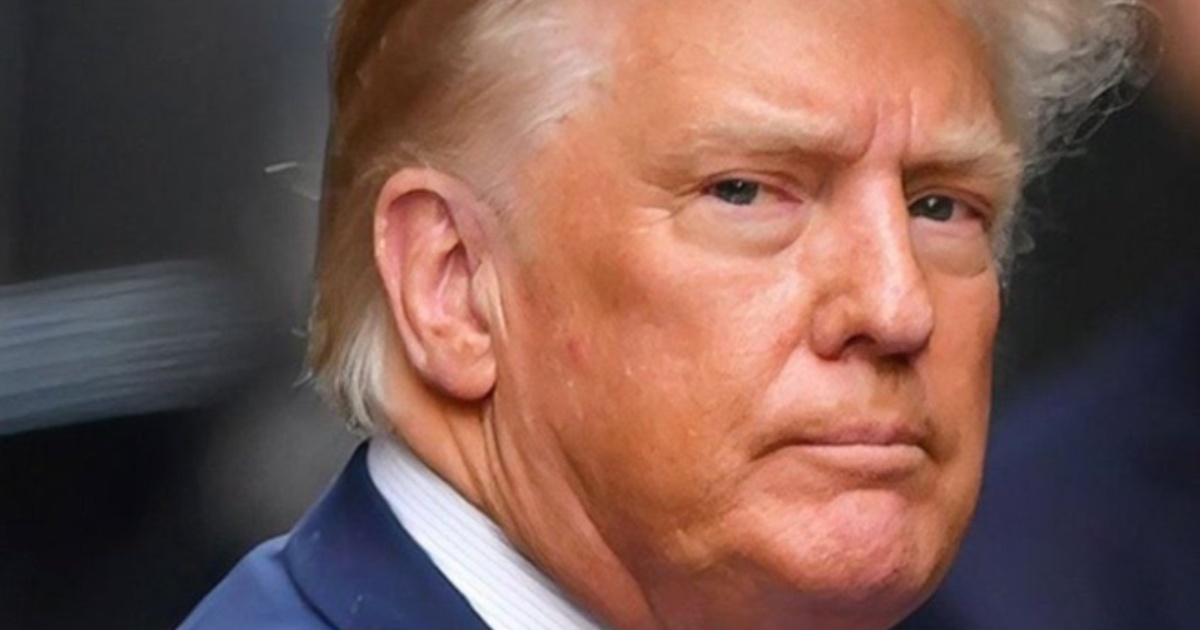Billionaire entrepreneur Mark Cuban has sharply criticized a controversial tax proposal being considered by the Trump administration that would impose an ongoing fee on holders of U.S. patents.
The proposal, which has not yet been officially announced, would shift the current one-time fee system to a recurring tax based on the value of the patent, potentially generating tens of billions of dollars in federal revenue.
In a post on X, Cuban wrote, “One of the dumbest ideas in the history of business. The crazy part is that fewer patents will be filed as inventors try to protect their creations from LLMs.” His comments came in response to a Wall Street Journal report that the administration is weighing a sweeping overhaul of the patent system to address the budget deficit.
One of the dumbest ideas in the history of business. The crazy part is that fewer patents will be filed as inventors try to protect their creations from LLMs. ExclusiveTrump Administration Weighs Charging Patent Holders New Fee to Raise Revenue – WSJf https://t.co/5UHjvDMnKs
— Mark Cuban (@mcuban) July 31, 2025
The proposed plan would reportedly charge patent holders between 1% and 5% of the value of their intellectual property annually. Currently, inventors pay a flat fee over the lifetime of a patent, which typically costs a few thousand dollars. Critics argue that shifting to a value-based annual tax would create financial uncertainty and deter innovation, particularly among individual inventors and small businesses.
Legal experts and patent scholars have raised significant concerns about the feasibility of valuing patents and the unintended consequences of such a system. Many patents are embedded in complex technologies and products, making it difficult to assign a clear, standalone value. Additionally, some fear that the change would open the door to aggressive enforcement tactics or discourage patent filings altogether.
The Chamber of Commerce has also voiced concerns. Brad Watts, an executive with the Chamber’s Global Innovation Policy Center, said the plan would represent a “paradigm shift” in how the United States treats intellectual property and could harm the country’s competitive edge in global innovation.
Critics warn that the tax could disproportionately impact smaller inventors and startups, who often rely on patents as a key source of value and leverage for attracting investment. By introducing an annual cost tied to patent value, the policy may incentivize companies to avoid filing patents or shift operations to jurisdictions with more favorable systems.
The Trump administration has not publicly commented on the specifics of the plan, but the proposal is reportedly being developed within the Department of Commerce under the direction of Secretary Howard Lutnick. The idea is said to be in its early stages, and it remains unclear whether it will advance to Congress or take the form of a regulatory change.
If implemented, the tax would mark a significant departure from how the U.S. Patent and Trademark Office has operated for more than two centuries. Unlike most federal agencies, the USPTO is self-funded through fees and is not reliant on taxpayer dollars. Introducing a revenue-driven component to its fee structure could invite legal challenges and constitutional scrutiny.
Mark Cuban, who has long been vocal about patent reform, joins a growing list of industry leaders, legal scholars, and inventors warning that the proposal could stifle innovation and damage the country’s intellectual property ecosystem.
With tensions already high over the impact of AI on copyright and patents, the proposal has ignited a new round of debate about how the government should approach intellectual property in the digital age.









